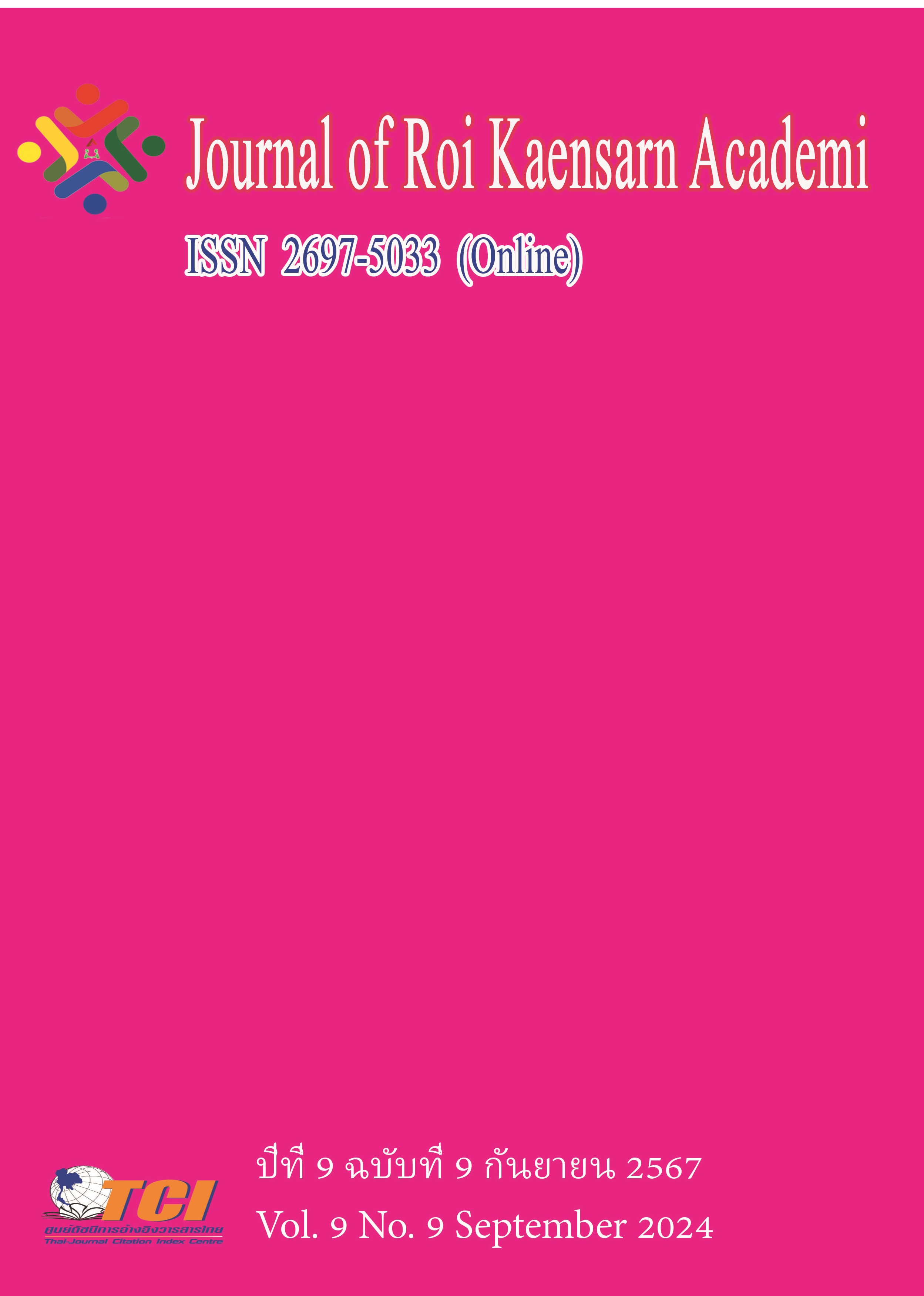The Impact of Cultural Contact, Destination Image, Smart Tourism technology and Memorable Experiences on Revisit Intention of Tourists through Tourist Satisfaction in Hebei Province of China
Main Article Content
บทคัดย่อ
This study investigates the direct effects of cultural contact, destination image, smart tourism technology, and memorable experiences on tourists' intention to revisit Hebei province. Adopting a quantitative research approach, data was collected through surveys from tourists visiting the province. Statistical techniques were employed for rigorous analysis of the collected data. The findings reveal significant associations between the studied factors and tourists' satisfaction, which in turn positively influences their intention to revisit. Specifically, cultural contact and a positive destination image are identified as key factors enhancing tourists' satisfaction. Furthermore, the effective use of smart tourism technology and the creation of memorable experiences are found to contribute significantly to satisfaction and revisit intention. These insights have important implications for tourism policymakers and industry stakeholders seeking to enhance tourist satisfaction and promote repeat visitation in Hebei province.
Article Details
เอกสารอ้างอิง
Cheok, J. (2016). ‘Friction’ in cross-cultural service interactions: Narratives from guests and service-providers of a five-star luxury hotel.
Cheok, J., Chai, Y. C., Chee, W. L., Cheong, J. Y., Fong, M. S., & Yap, M. C. (2020). “Gen X tourist's intention to visit non-endorsed world heritage sites in Malaysia - a modification of uncertainty reduction theory”
Dalton, R. (2011). Cultural Tourism Experiences: A Development Framework.
Jeong, M., & Shin, H. H. (2020). Tourists' experiences with smart tourism technology at smart destinations and their behavior intentions. Journal of Travel Research, 59 (8), 1464-1477. doi:10.1177/0047287519883034.
Nasir. Azis., Muslim, Amin., Syafruddin, Chan., & Cut, Aprilia. (2020). How smart tourism technologies affect tourist destination loyalty. Journal of Hospitality and Tourism Technology, (4), 603-625. doi:10.1108/JHTT-01-2020-0005
Nengovhela, M., Ochara, N. M., & Nethengwe, T. M. (2020). Confirmation and validation of smart tourism technology attributes: the case study of city of tshwane. African Journal of Hospitality Tourism and Leisure, 9 (3), 38-56. doi:10.46222/ajhtl.19770720-3.
Pai, C. K., Liu, Y., Kang, S., & Dai, A. (2020). The role of perceived smart tourism technology experience for tourist satisfaction, happiness and revisit intention. Sustainability, 12 (16), 6592. doi:10.3390/su12166592.
Roguljić, S. (2018). Neki aspekti društvenih kontakata u turizmu.
Thornycroft, F. M. E. (2001). Cultural tourism as memories: Cultural representations as memories of European holiday making among Edinburgh residents.
Um, T., & Chung, N. (2019). Does smart tourism technology matter? lessons from three smart tourism cities in south korea. Asia Pacific Journal of Tourism Research, 1-19. doi:10.1080/10941665.2019.1595691.

